Making Art, Living Creatively, and Sharing Lessons Learned
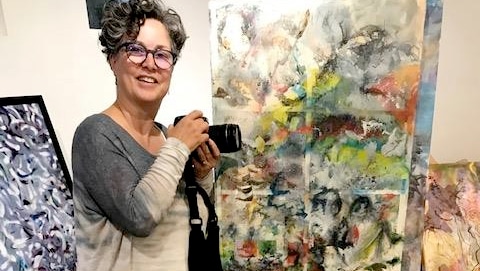
Q: When did you first decide you wanted to be an artist or designer?
My passion for art started very early and my parents encouraged my many creative endeavors. I also had an interest and aptitude in science, as result I entered undergraduate school focused on becoming a medical illustrator. My academic path evolved which led to my graduating with a BFA in Graphic Design at University of Illinois, Urbana-Champaign, and then directly entered graduate school, earning an MFA in Fine Arts (Photography) at Arizona State University, Tempe. During my academic career, another passion emerged—a desire to teach. As long as I can remember, I have been making art, living creatively, and sharing what I have learned.
Q: Your academic career has resulted in you earning multiple degrees (BFA, MFA, and EdD). Which classes or teachers were most important to your development as an artist, designer, educator, and life-long learner?
To me the most valuable and foundational courses were fundamentals of design, color theory and art history. My experience in those classes helped to build a foundation for all my future work as a designer, artist, and photographer—everything comes back to composition, color, form, line, historic context, and so on. Technology provides tools, what we know and experience is the “stuff” that fuels creative thinking and problem solving. Fortunately, there is no “creative” button on the keyboard. 🙂
In regard to teachers, I consider myself very fortunate to have encountered numerous talented and dedicated teachers throughout my educational career (elementary school – doctoral studies). Fortunately, the value of education was emphasized by my teachers, family, and community, and I developed a hunger to learn and create. I had a painting professor, C. W. Riggs who inspired students to push themselves and shared that he did not “hit his stride” as an artist until he was in his sixties. C. W. encouraged us to continue creating even when it seemed like we were standing still!
I also had the privilege to learn from Carl Regehr, an award-winning designer who entered teaching after battling cancer. He led by example, emphasizing the importance of living a creative life, appreciating each day, and the dedication required to produce quality work. My peers were also great teachers, we pushed and encouraged each other. I am forever in debt to all the individuals who believed in me, even when I did not. Somehow, I just kept moving forward—this path is not always easy but it is certainly worthwhile!
Q: You helped to open several museums in the Phoenix area. Can you briefly talk about those experiences?
After working as a designer in publishing, advertising, and package design, I was hired as a Graphic Designer at the Arizona Historical Society (AHS). Prior to being hired, I had never designed museum graphics or exhibits but was confident in my ability to effectively apply design principles to any situation. To me, museum exhibits were brochures you walk into. I designed graphic panels, photography exhibits, signage, collateral materials, and oversaw the work of many different artists and vendors.
After AHS opened, I was hired by the Arizona Science Center (ASC) to do the same thing, which led to be hired to help open the Scottsdale Museum of Contemporary Art (SMoCA). Needless say, I was really busy working on these comprehensive projects, one right after the other. Looking back, I am not sure how I did it all. I do know that I had to persevere, effectively manage time/prioritize, collaborate with others, creatively solve problems, and take a breath every once in a while.
Q: What attracted you to a career in education?
During graduate school, I served as a teaching assistant for the introductory photography course. That experience enlivened a passion for teaching and wanting to inspire others. My previous teachers fanned my creative flame and I wanted to pass that torch onto others. I am grateful for how all the pieces came together. It might not have been a straight line but it has certainly been interesting. After graduate school, I worked as a designer during the day and taught at community colleges at night.
As my design career advanced, my passion for teaching did not diminish. My unique combination of skills/experience led to being hired by the Art Institute of Phoenix as the Graphic Design Academic Director, and then becoming the Dean of Academic Affairs. I am fortunate that I was able to leverage my passion for creativity and teaching in these roles.
Q: When you earned your Doctorate in Educational Leadership, you focused on student success and retention. How do you think that research applies to online education?
I apply my research on student success every time I review or facilitate a course. There is no “easy” button for student success, but there are several important ingredients, a student, faculty member, quality course content, effective communication/collaboration, and a desire to expand one’s point of view. Learning happens when students and instructors are actively engaged with each other and connect course content to what they already know.
In the online environment, students and faculty members must focus on effectively communicating through words and visuals without relying on body language to support a message. That being said, great results occur in the online environment when both parties (students and faculty members), focus on enhancing their ability to effectively communicate and fostering a creative supportive learning environment.
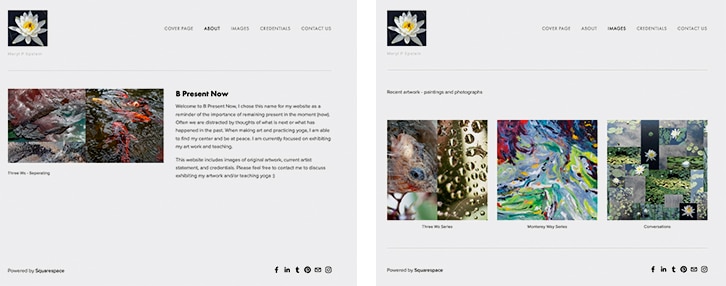
Q: Of course, you are still creating and exhibiting artwork. Can you talk a bit about your work and your current focus?
I am fascinated by water, how it moves, reflects, obscures, and transforms. This focus on water is reflected in my paintings and photographs. I am currently producing abstract paintings inspired by my photographs of water and combining photographs of nature and water as visual metaphors. To view examples of my work, check out my website: b-presentnow.com.
Q: In your free time (!) you continue to advance your yoga practice, make art, travel, and spend time with your family and friends. Is a work/life balance important to you?
It takes effort and practice to achieve work/life balance. On some days, there might be more “work” than “life.” To me, the key is being awake and present in my life by taking a moment to breathe, being mindful, and appreciating each moment. From a thoughtful space, I am able to see what needs to be done and focused upon.
As I mentioned earlier, I had teachers who demonstrated how to live creative lives. What I learned about being an artist and designer, I apply to my life—putting together different pieces to create a whole. Not every day is the same, even if a design I produce is not awesome, I learn from the experience or when my day “falls apart”—I shake it off and start again, learning from missteps, not dwelling on them, and instead choosing to move forward. We are all works in progress and I am enjoying the ride!
Q: You’ve been at Sessions a week. Most surprising or fun thing so far?
The Sessions College Team has been very welcoming and I am enjoying the process of developing a deeper understanding of the college. I appreciate the depth of experience of the faculty, the innovative and compelling delivery of course content, as well as quality student outcomes—great work everyone!!! I am looking forward to learning from and collaborating with many of you and I will focus on leveraging my experience and expertise to support the vision and mission of the college. I am grateful for this opportunity and am having fun already—thank you. 🙂
To learn more about Meryl, visit b-presentnow.com. Visit sessions.edu to learn more about our talented faculty or accredited degree programs and certificate programs.
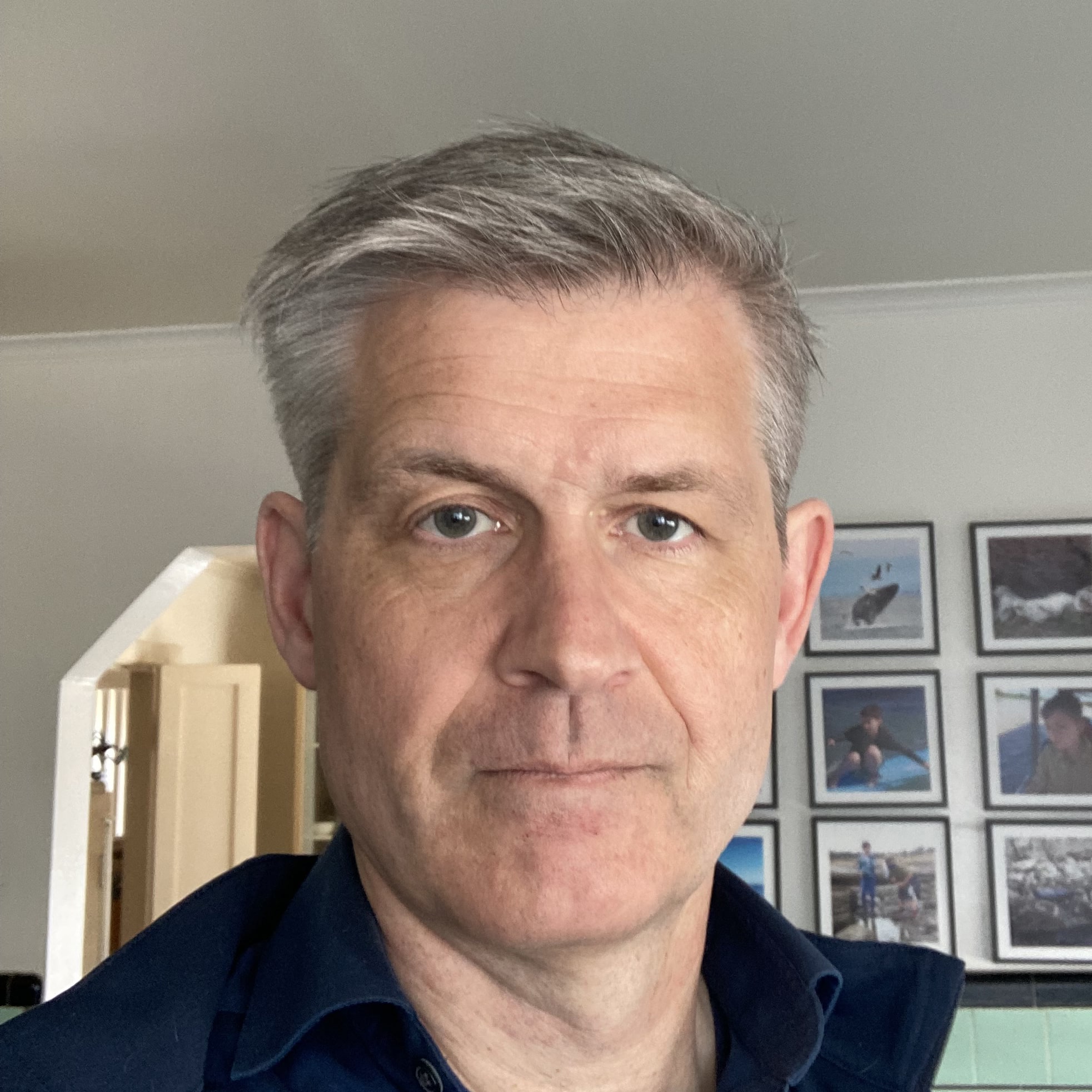
Gordon Drummond is the President of a Sessions College. He's passionate about education, technology, and the arts, and likes to surround himself with talented people. Read more articles by Gordon.
RECENTLY ON CAMPUS























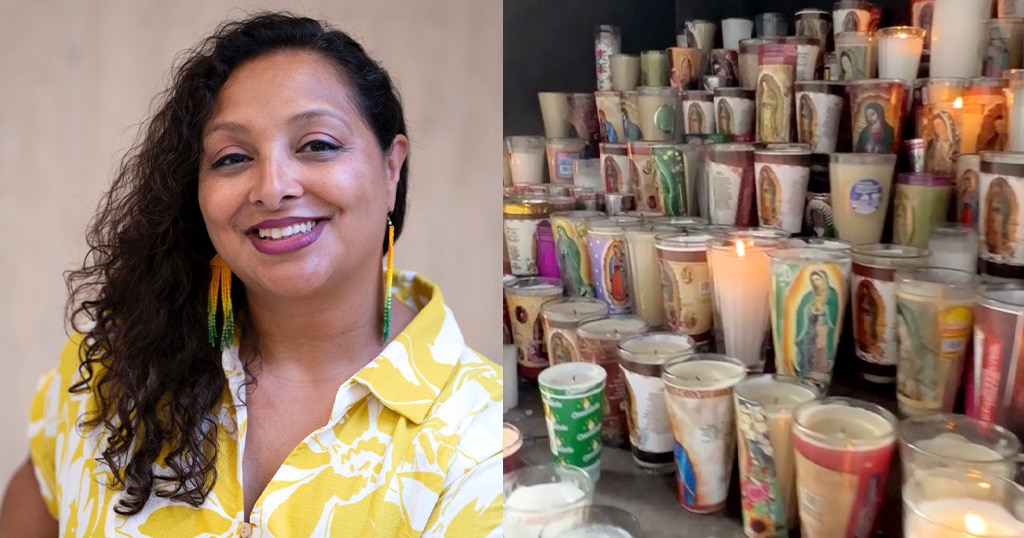
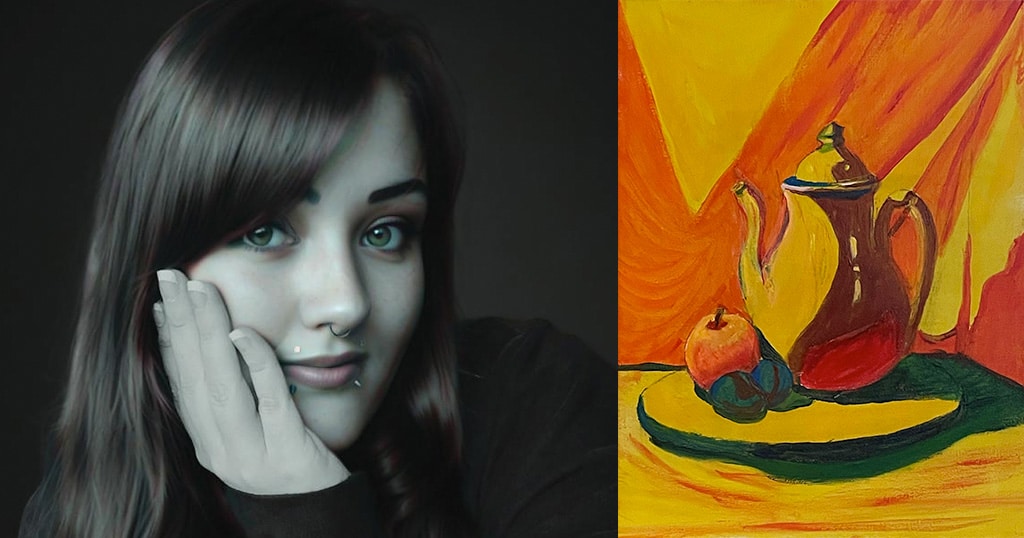
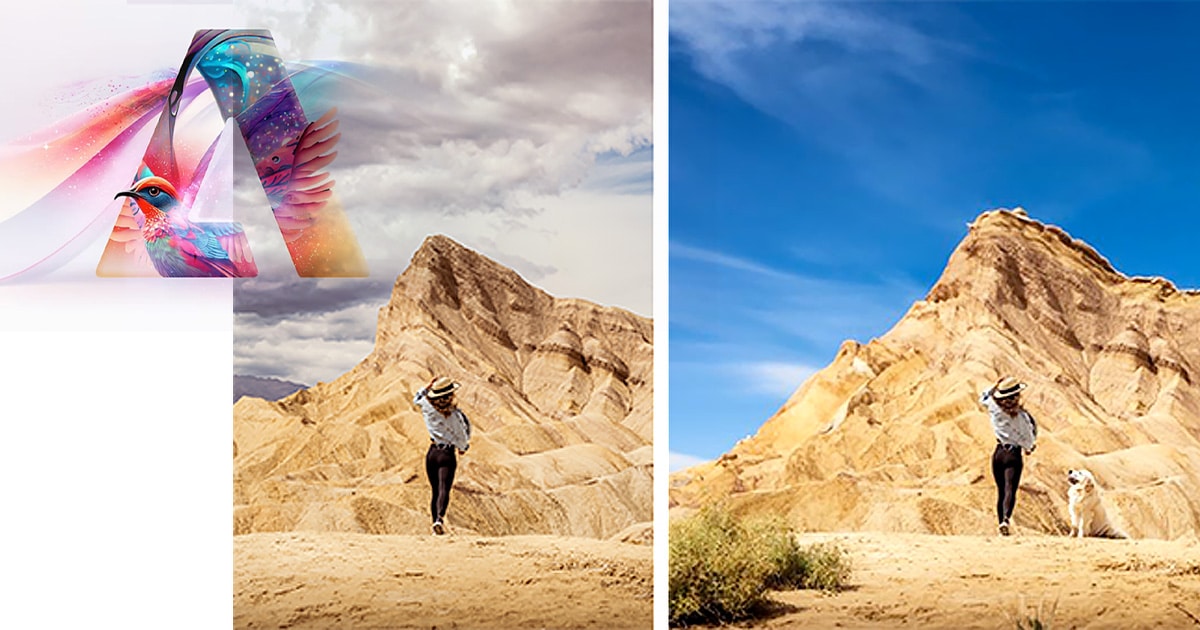 What Photoshop’s new AI Tools Mean for the Creative Community
What Photoshop’s new AI Tools Mean for the Creative Community
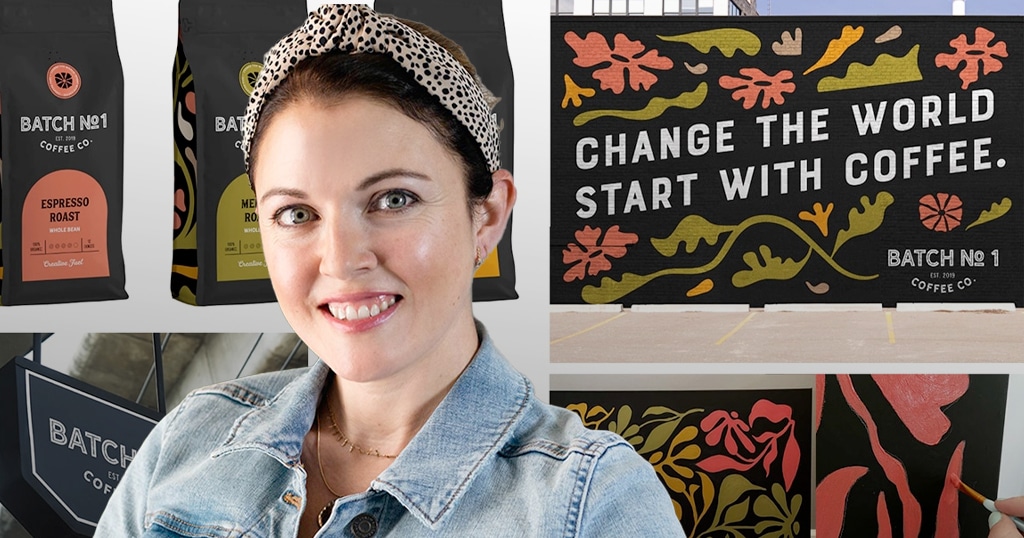 Gaining Confidence and Working with Clients
Gaining Confidence and Working with Clients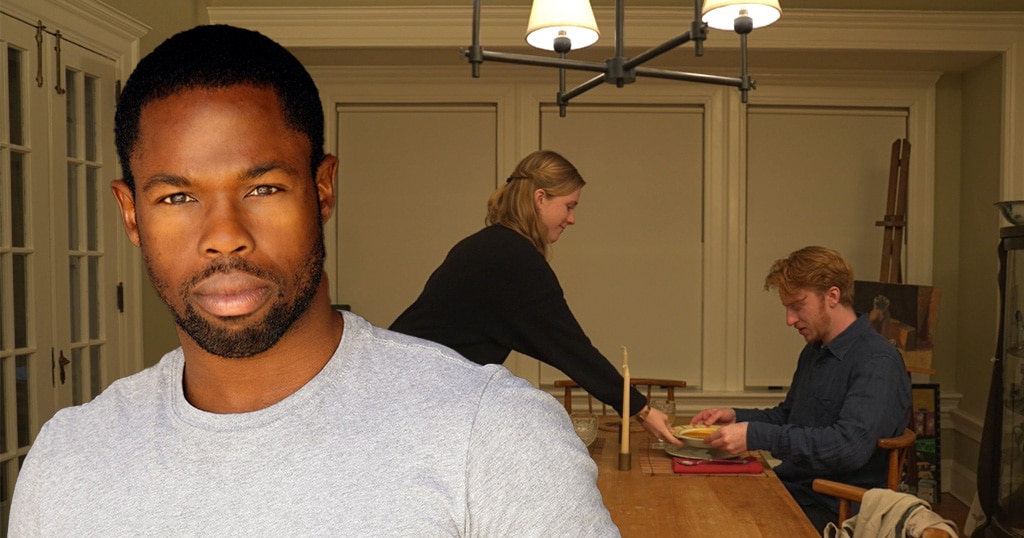 Exploring the Artistry of Filmmaking
Exploring the Artistry of Filmmaking